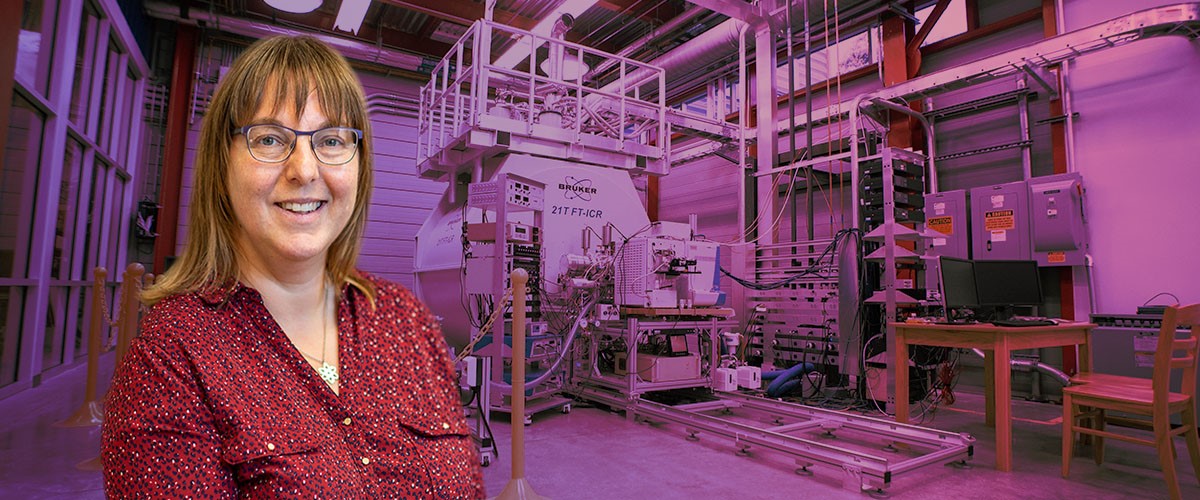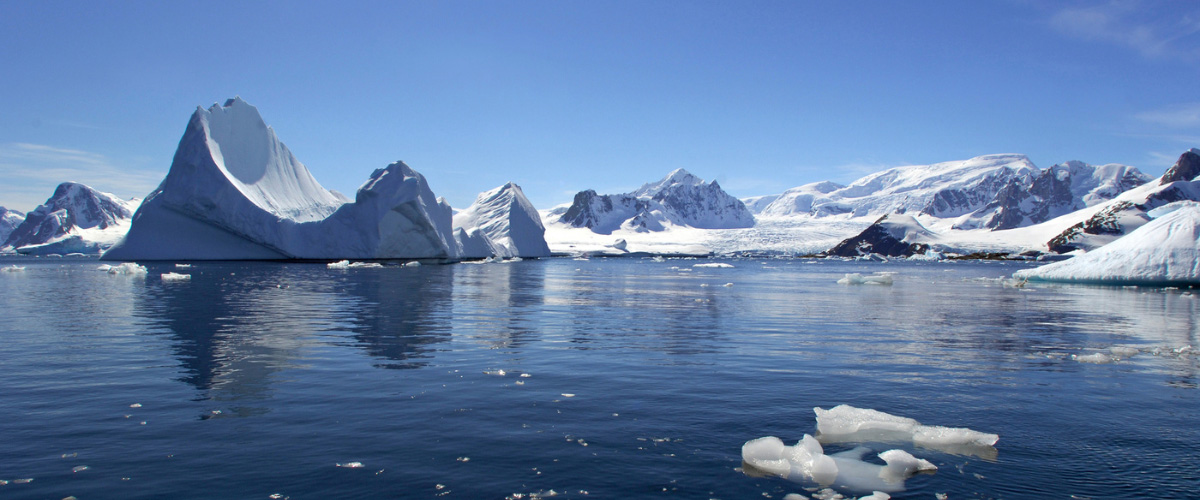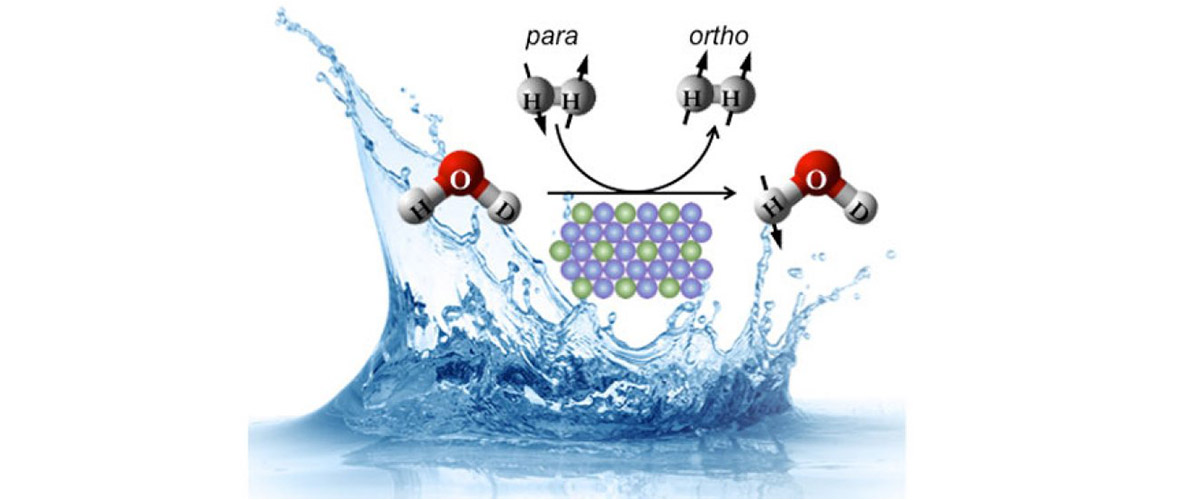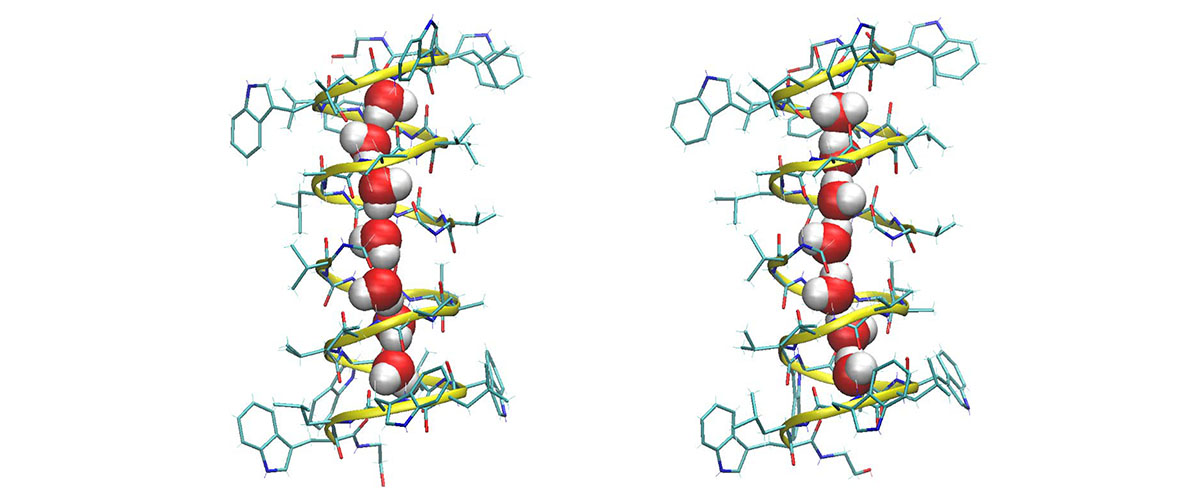Contact: Kristin Roberts
Tallahassee — Kristina (Kicki) Håkansson, Professor of Chemistry at the University of Michigan, has been named director of the National High Magnetic Field Laboratory's Ion Cyclotron Resonance facility.
An analytical chemist with close to 100 publications, Håkansson's expertise is in Fourier transform ion cyclotron resonance (FT-ICR) mass spectrometry for biomolecular identification and structural characterization. Her work focuses on applying state-of-the-art mass spectrometric techniques to better understand and identify post-translational protein modifications, explore how big molecules interact, investigate what happens to biomolecules when ions and electrons collide, and find out how certain enzymes work to make molecules in cells – research at the intersection of biologically-relevant problem solving.
"I am so excited to join the prestigious MagLab and lead its world-renowned ICR program. The cutting-edge mass spectrometry happening here holds promise of answering critical questions across a range of disciplines," Håkansson said.
Håkansson earned her masters degree and Ph.D. in Molecular Biotechnology from Uppsala University in Sweden. Before becoming Chemistry faculty at the University of Michigan in 2003, Håkansson spent three years at the Florida State University-based National MagLab, including two years as a Swedish Foundation for International Cooperation in Research and Higher Education (STINT) postdoctoral fellow, with FT-ICR program founding director and co-inventor of the field, Professor Alan Marshall. Marshall is retiring as ICR Chief Scientist at the MagLab in June after more than 30 years. Håkansson has served on the MagLab's ICR Advisory Committee from 2007 until 2010 and again from 2018 through 2020. In addition, she was a member of the lab's User Executive Committee from 2007 until 2010 and External Advisory Committee since 2022.
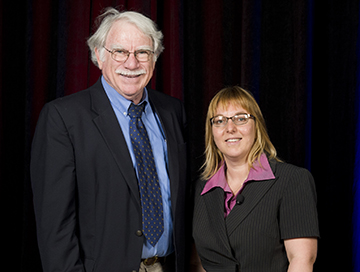
"Alan has been an incredible mentor to me and so many other scientists. He pushed me outside my comfort zone to build my own research program at Michigan with mentoring at the forefront. It's a privilege to follow in his footsteps and return to lead the great ICR program he has built. I am thrilled to have my current group members join me in Tallahassee and I look forward to recruiting new FSU students to the MagLab!”
A leader in her field, Håkansson has been recognized with many prestigious awards, including a Searle Scholar Award (2004), an Eli Lilly Analytical Chemistry Award (2005), an NSF CAREER Award (2006) and an Agilent Thought Leader Award (2018). She received the Biemann Medal from the American Society for Mass Spectrometry in 2016 in recognition of significant achievement from an individual early in his or her career and, in 2020, was awarded the Berzelius Gold Medal from the Swedish Mass Spectrometry Society.
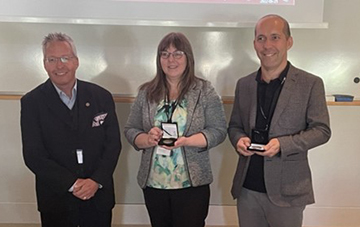
In her new role, Håkansson will lead the lab's Ion Cyclotron Resonance facility, site of the world's most powerful mass spectrometers. Funded by the U. S. National Science Foundation, the ICR facility offers researchers from around the globe access to instruments and techniques for biological, environmental, and petrochemical applications. More than 230 researchers from around the globe used the ICR facility in 2023 and published about 75 articles in peer-reviewed journals.
MagLab Director Kathleen Amm, who joined the lab in May, notes that this is another step toward a new era at the MagLab.
"We are elated to welcome Dr. Håkansson to the MagLab to lead the ICR facility" Amm said. "She has advised the facility on new directions and creative ideas to further increase the scientific impact of ICR research as part of our EAC and now will have the capacity to carry out those ideas as a leader. I am very much looking forward to working with Dr. Håkansson to realize these ideas."
Along with her position as ICR Facility Director, Håkansson will also join the Florida State University College of Arts and Sciences as a Faculty Member in Chemistry & Biochemistry. She officially begins both roles on July 26.



